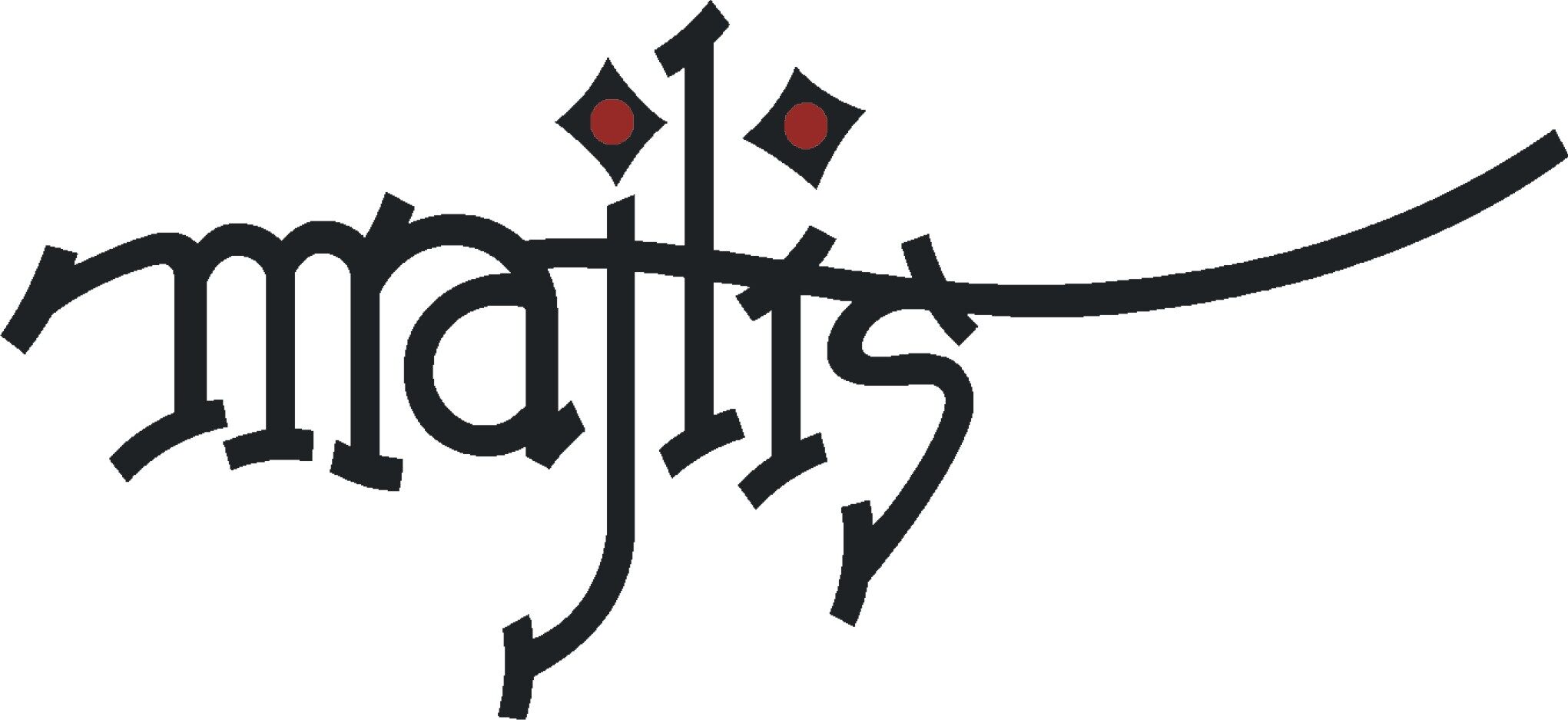
Our Work
Majlis’ team of women lawyers, social workers, academicians and activists work for the protection and promotion of women and children’s rights through legal representation, advocacy and training.

Majlis’ Rahat offers legal and social support to women and children victims of sexual and domestic violence from marginalised section of society across caste, class and religion.
Legal Support Majlis provides legal support to survivors of domestic and sexual violence. Apart from making them aware of their rights we provide legal support to negotiate the daunting justice system during investigation and trial. We also provide social support to help them rehabilitate their lives. The aim is to ensure that the dignity of the victim and safeguarding her rights is maintained at all times.
- Domestic Violence: Our team of lawyers provide quality legal consultation, advice and legal representation to women in cases relating to domestic violence, maintenance, child custody, divorce etc across Magistrate Courts, Sessions Courts and Family Court in Mumbai and Thane.
- Sexual Violence: We provide continuous legal support from registration of the case, through investigation to completion of the trial and beyond. We connect and liaison with the state stakeholders including the Police, Medical Officers, CWC, Prosecutor, Judge and Women and Department of Child Development to ensure that the dignity and best interest of the victim is upheld throughout the legal process
Social Support: We help victims access support services to rehabilitate their lives.
- Access to medical, shelter, ration, education, documents, schemes and more.
- Trauma counselling to ensure therapeutic healing.
- Saksham an initiative that handholds victims towards financial independence by providing career guidance, up-skilling, jobs and more.
Our 5 Point Support Model Includes
- Immediate Response: Meet the victim-survivor to reassure her and offer support. Explain to her the journey of the trial she has traversed and what is to follow and the expectations from her during the trial.
- Inform the victim about the availability of services & schemes she can access and help her access these services.
- Ensure protocol & safety guidelines are followed by different stakeholders.
- Keep the victim informed about the current status and future course of the case.
- Conduct a court orientation visit and accompany her at different stages of trial.
- Connect her with social support services to enable her rehabilitation
Majlis’ Flavia Agnes Centre for Learning is a multi-disciplinary dynamic hub for advancing knowledge, promoting research and fostering discourse on the intersection of gender, law and society. The centre uses the legal and social strategies and learning of Majlis to institutionalise it into law, policy and practice. It aims to empower and build deep understanding of stakeholders (state and civil society) through pedagogy and engage with empirical research and advocacy to ensure practical and nuanced policy decisions. This will ensure human rights and equitable justice for all women+ and children in India and enable them to access their rights with dignity.
Vision: Human rights and equitable justice for all women+ and children in India
Mission: Influence law, policy and practice through training, awareness, research and publications for all stakeholders across India.
Key Components:
Curriculum Development:
- Majlis has a rich depository of cases and content developed over three decades. The centre aims at creating academic content from these resources.
- Design short term and comprehensive certificate courses on gender justice, laws related to women+ and children and intersectionality.
- Develop interactive, case studies, videos, pre and post reads to deepen learning
- Design public awareness campaigns about laws, rights and access to justice
- Collaborate with legal experts, scholars and activists to ensure a nuanced and up-to-date curriculum.
Research and Publications:
- Encourage and support action research initiatives exploring the evolving nature of rights and access to justice.
- Conduct continuous case law research
- Publish scholarly articles, policy papers, and reports to contribute to academic discourse and influence policy decisions.
Training and Capacity Building:
- Conduct workshops, seminars, training programs, certificate courses for state stakeholders involved in the criminal / civil justice system including legal professionals, law enforcement, and judicial officers to enhance their understanding of gender-sensitive legal practices and their roles and responsibilities
- Conduct short courses and certificate courses for civil society stakeholders including women+ and children in the community, social workers, Para Legal Volunteers, Teachers, Corporates etc. about laws and how to access their rights
- Organise outreach programs to engage with local communities and raise awareness about gender rights and legal provisions.
Collaborations:
- Foster partnerships with NGOs, CBOs and grassroots movements.
- Establish partnerships with law schools, universities, and research institutions to create a network for shared resources and collaborative projects.
- Forge connections with international organisations working on similar themes for a global perspective.
Policy Advocacy:
- Advocate for gender-inclusive legal reforms through policy recommendations and engagement with policymakers.
- Provide a platform for legal experts and activists to influence public opinion and contribute to progressive legal changes.
Library and Resource Center:
- Develop a specialised library with an extensive collection of literature on gender and law, creating a valuable resource for students, researchers, and practitioners.
Internship and Exchange Programs:
- Facilitate opportunities for students and professionals to gain practical experience through internships and exchange programs with international institutions.
